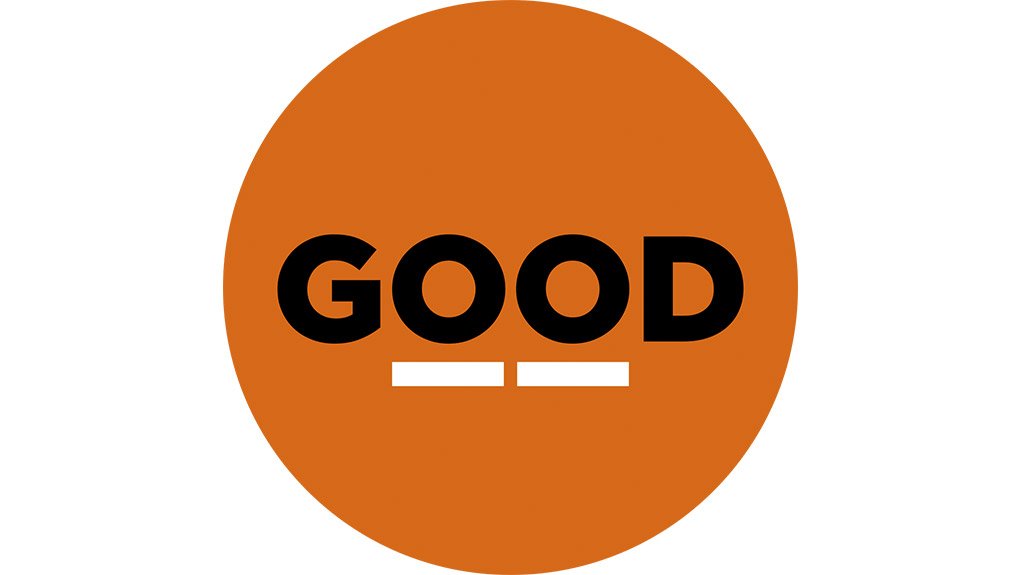The content on this page is not written by Polity.org.za, but is supplied by third parties. This content does not constitute news reporting by Polity.org.za.
The budget tabled by Minister of Finance Enoch Godongwana today should be regarded as a relatively pragmatic 11-month holding job ahead of a comprehensive overhaul that must unfold by next February.
A number of propositions articulated over the past month as alternatives to VAT, income tax, company tax or loan increases have merit but cannot be immediately implemented without planning runway.
These propositions have ranged from various approaches to implementing a direct or indirect wealth tax, such as reducing retirement fund tax breaks for top earners, adopting a zero-based approach to budgeting to eliminate waste, improving SARS’ capacity to collect tax, and eliminating the provincial tier of government.
Other propositions such as the need to stop corruption and grow the economy are obvious, but difficult to account for in forward-looking budgeting.
At the same time, the process by which the budget is put together needs to be brought into line with the realities of coalition government.
GOOD proposes that these issues form the agenda for a Budget Lekgotla of GNU parties that should be convened in the next 60 days to begin the overhaul process. The budget lekgotla should be part of a new annual cycle; a forum to consider the ideas of all parties and civil society.
We therefore welcome the Minister’s commitment to, “implement significant changes to the budget process by reassessing the initial assumptions informing budget allocations, with a view to creating room for improved spending”.
Budget 2025
The GOOD Party wanted government to raise the additional revenue it needs to extract itself from the austerity spiral on the progressive principle that those who can afford to pay should be asked to do so. A VAT increase achieves the opposite.
The Minister’s proposition to increase VAT by 0.5%, and another 0.5% next year, punishes the poor and will no doubt meet plenty of opposition over the year to come.
Now is, however, not the time for party posturing and politicking, but for courageous national decision-making on identifying and meeting South Africa’s priorities.
GOOD will support the budget on the basis that the VAT increase has been minimised while increased social, education and infrastructure spend proposed in the rejected first iteration of the budget have been retained.
Had Minister Enoch Godongwana cancelled the R370 a month SRD grant, as he suggested may be a necessity to avoid the 2% VAT increase, GOOD would have voted against the budget.
In the present fiscal climate, with slow economic growth set to endure and Donald Trump having entered the White House and cut development aid, expecting the Minister to find the money to fund a proper Basic Income Grant – of a quantum at least matching the food poverty line set by the State – was a bridge too far. By overhauling the budgetary processes over the next 11 months, this money can be found.
Increasing the social spend is a Constitutional requirement; the State is under a duty to provide for the basic needs of the tens of millions of citizens who cannot provide for themselves. SRD and child grants are not charity; nor do they depend on the largesse of Treasury.
The increased education spend announced today is a dire necessity. GOOD would have liked the Minister to go a step further and ringfence funds allocated to the provinces for education and health. This would avoid a repetition of events in the Western Cape this year, where 2,400 teachers’ posts were scrapped while funds allocated to the province on the basis of the number of learners were spent on other things.
GOOD applauds the initiatives to increase SARS’ capacity to collect uncollected and undeclared taxes, and to conduct departmental assessments to begin the task of eliminating waste.
Eskom’s improved performance, which has enabled the restructuring of its loan, at a saving of R20-Billion to the fiscus, is also good news; while the investment in the rail signalling system is critical to developing working, accessible and affordable public and freight transport systems.
The R1-Trillion infrastructure spend over the next three years, including R156-Billion for water and sanitation, and the additional funds allocated to Early Childhood Development are also applauded.
Budget 2026
Economic growth forecasts remain dire and insufficient to seriously dent poverty and unemployment, or narrow inequality. The way the nation collects and spends its money is a key lever to address these injustices, which if left unaddressed threaten the sustainability of the constitutional democracy.
While Treasury has been singled out for unique praise, compared to other government departments, it has not until now managed to come up with the recipe to stimulate economic growth (which has to be above five percent for an extended period to properly dent unemployment).
South Africa requires a unique combination of creating the conditions for business investment while at the same time servicing the needs of tens of millions of people who were deliberately shut out of the economy during apartheid and have never been let in.
In a sense, a coalition government is arguably better geared to address these competing needs than a single party state. It is through this lens that citizens should view the past few weeks of squabbling around the budget; the beginning of something better.
But this will only be achieved through thoroughly revising the budget making process, which must begin urgently with the proposed lekgotla.
Issued by Brett Herron, GOOD: Secretary-General
EMAIL THIS ARTICLE SAVE THIS ARTICLE ARTICLE ENQUIRY
To subscribe email subscriptions@creamermedia.co.za or click here
To advertise email advertising@creamermedia.co.za or click here











